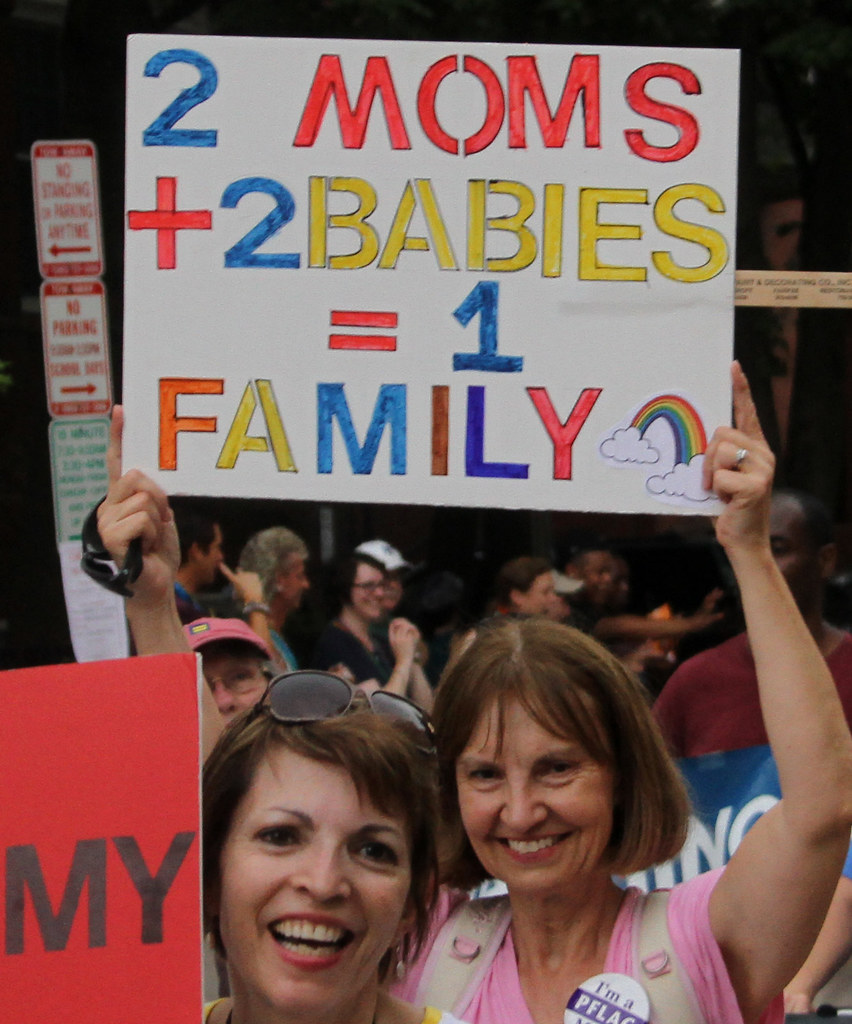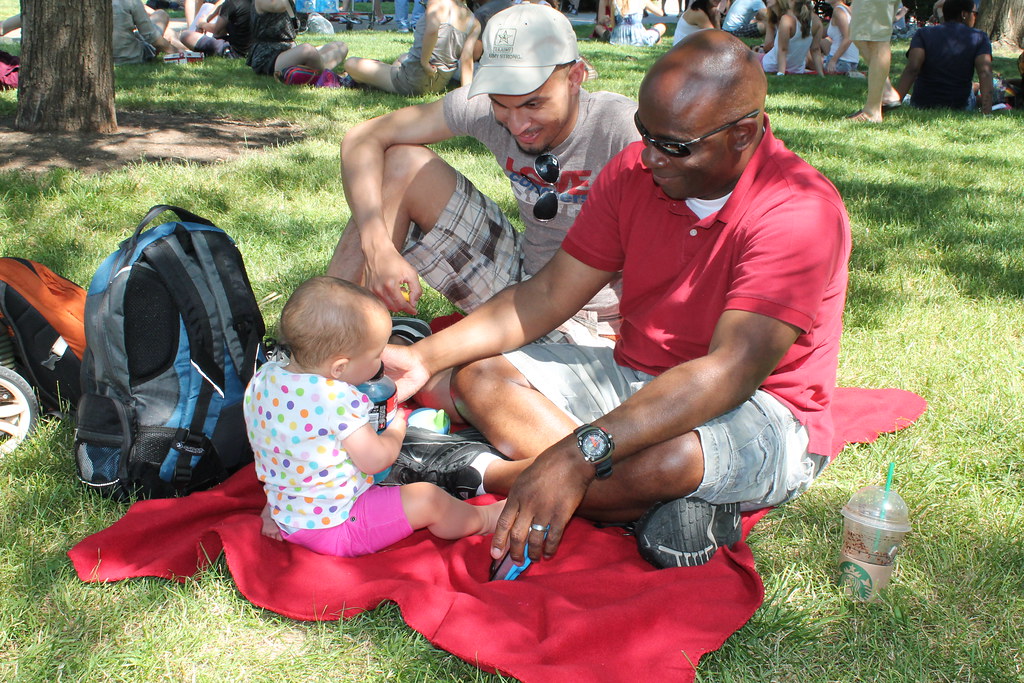As we move forward, the commitment to a legal system that respects and safeguards the humanity and diversity of all family structures serves as our guiding principle, our lodestar in the evolving legal landscape.
The fabric of family and the laws that govern it have woven a complex and vibrant tapestry in our globalized society. In the chronicles of legal evolution, few narratives are as dramatic and consequential as the one unfolding at the intersection of LGBTQ+ rights and family law. From the shadows of discrimination and marginalization, this subject has risen to the forefront of societal discourse, shaping policies and practices that, ideally, allow inclusion and fair treatment for all humans. For legal professionals navigating these changes, the challenges are as abundant as the breakthroughs, and for the broader public, the implications of these shifts are monumental and far-reaching.
A Legacy of Struggle and Redefinition
The story of LGBTQ+ rights, and by extension, family law, is not one of overnight victories but instead a slow-burning saga of resilience and advocacy. Each milestone, from the Stonewall riots to the legalization of same-sex marriage, has etched its indelible mark on the legal framework that governs our familial relationships. These victories have, in turn, instigated a cascade of change within family law, challenging long-held norms and prejudices to recognize and honor the diversity of family structures championed by the LGBTQ+ community.
From Silence to Recognition
The silence around LGBTQ+ family dynamics in legal statutes and precedents was deafening for decades. It projected the notion that these families were less legitimate, less deserving of legal recognition and protection. However, as the push for equality gained momentum, the legal system was compelled to adapt. It is a testament to the resilience of the LGBTQ+ community and its allies that marriage equality has now become a reality in many parts of the world. But there is still work to be done.
New Frontiers in Partnership
Marriage rights were just the beginning. They opened the floodgates to a myriad of family law issues that are continually being reexamined, such as adoption, assisted reproduction, divorce, child custody, and support, to name but a few. The task at hand for legal professionals and lawmakers is no longer simply about extending existing laws to include LGBTQ+ individuals and couples but about crafting new statutes that reflect the unique realities and needs of these families.
The Nuances of Inclusivity
While legal inclusivity has undoubtedly broadened, with the recognition of same-sex marriage being the most visible and celebrated advancement, there are nuanced areas that still demand our attention and redress. Non-binary individuals, for instance, often find themselves in a legal limbo where existing gender-based family laws fail to provide adequate support or recognition. The road to complete inclusion is therefore rife with these subtle yet significant hurdles, necessitating a legal landscape that recognizes and accommodates individuals’ multifaceted identities.
Navigating Non-Traditional Families
Families today come in all shapes and sizes, a testament to the diversity that enriches the human experience. For LGBTQ+ individuals, non-traditional family structures are the norm rather than the exception. This reality necessitates a reevaluation of family law to accommodate the plethora of familial arrangements that go beyond traditional expectations. Whether it’s co-parenting, polyamory, or chosen families, the legal system must adapt to recognize and protect the vast spectrum of familial relationships that LGBTQ+ individuals forge.
The Ongoing Journey
Family law is constantly evolving to reflect the changing landscape of families. LGBTQ+ individuals and couples are increasingly forming families, and the law needs to keep pace to ensure their rights are protected. While significant progress has been made, there’s still room for improvement.
Striving for Fairness and Security
Our goal is to create a legal framework that upholds fairness and dignity for all families, regardless of sexual orientation or gender identity. This means advocating for reforms that address current gaps and implementing supportive legal structures. These structures would empower LGBTQ+ families throughout their life stages, from marriage and adoption to child custody and estate planning.
Strengthening LGBTQ+ Families: How Businesses and Communities Can Help
Family law should reflect the realities of all families, and LGBTQ+ families are no exception. Here at Coker, Robb & Cannon, we believe businesses and communities play a crucial role in creating a more inclusive legal landscape.
Building a Comprehensive Legal Framework

Effective legal reforms require a multi-faceted approach:
- Uniform Domestic Policies: Advocating for consistent family laws across federal, state, and local levels provides clarity and reduces confusion for LGBTQ+ families when navigating their rights and responsibilities.
- Recognition for Non-Binary Individuals: Implementing legal frameworks that recognize non-binary genders allows for inclusive family structures within the legal system.
- Expanding Adoption & Reproductive Rights: Working towards removing discriminatory barriers and simplifying processes for LGBTQ+ individuals who wish to adopt or utilize assisted reproductive technologies.
- Legal Protections for Caregivers: Proposing legal mechanisms that acknowledge non-biological and non-adoptive LGBTQ+ caregivers as legal guardians with parental rights and responsibilities provides stability and security for these families.
Working Together for a More Inclusive Future
Through workplace policies that support LGBTQ+ employees, partnerships with community organizations advocating for legislative change, and public education initiatives, businesses and communities can be powerful advocates for a legal system that reflects the diversity of modern families.
This approach focuses on collaboration and practical solutions, highlighting how businesses and communities can contribute to a more inclusive legal framework for all families.
The Future of Family Law
The intertwining of LGBTQ+ rights and family law is a catalytic force that has sparked profound changes within the legal domain. For legal professionals, it presents a dynamic arena in which to practice, innovate, and advocate. For the broader public, it is a mirror reflecting the progress of a society striving for inclusivity and justice in all facets of life. As we move forward, the commitment to a legal system that respects and safeguards the humanity and diversity of all family structures serves as our guiding principle, our lodestar in the evolving legal landscape.


Join the conversation!